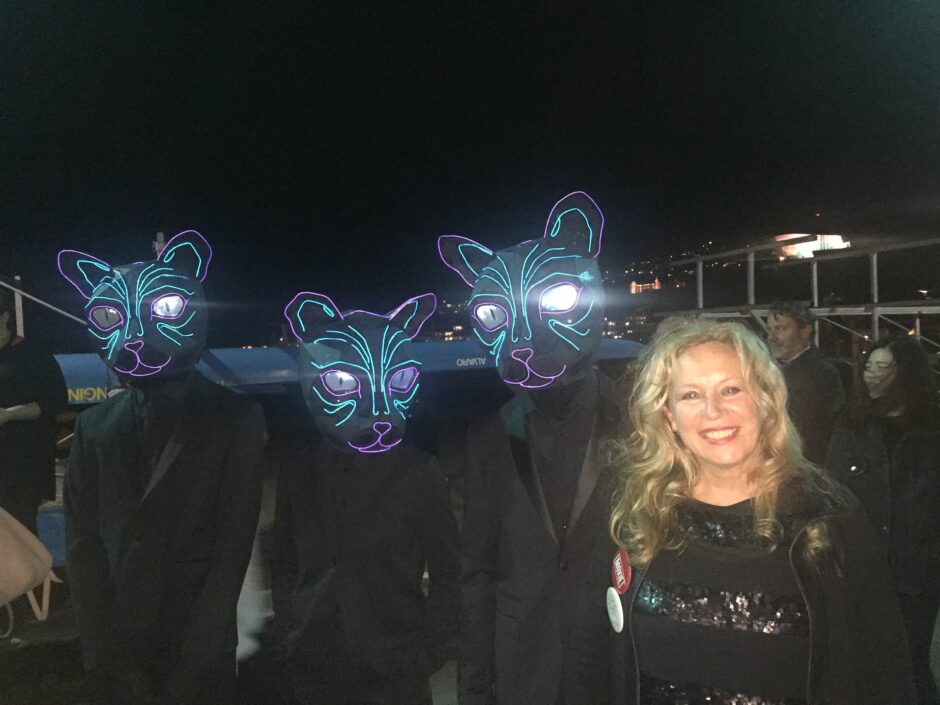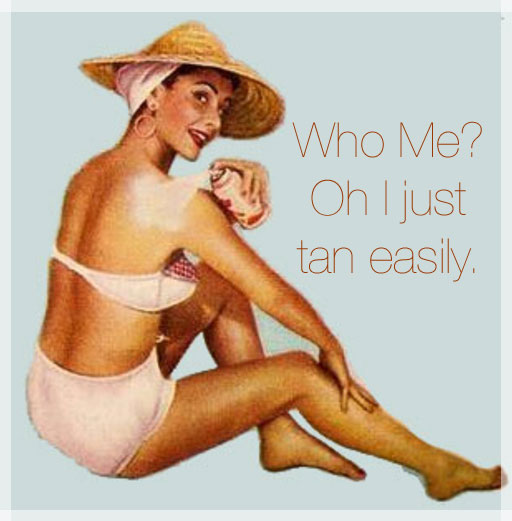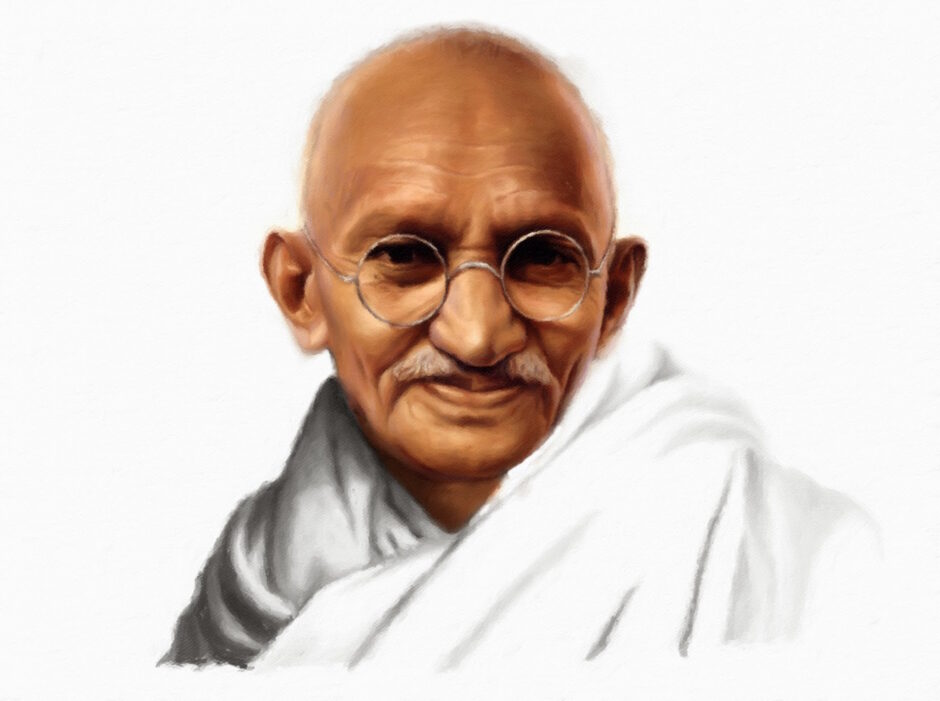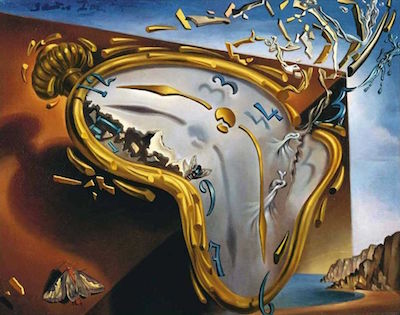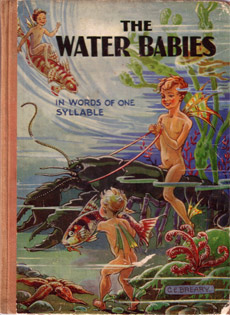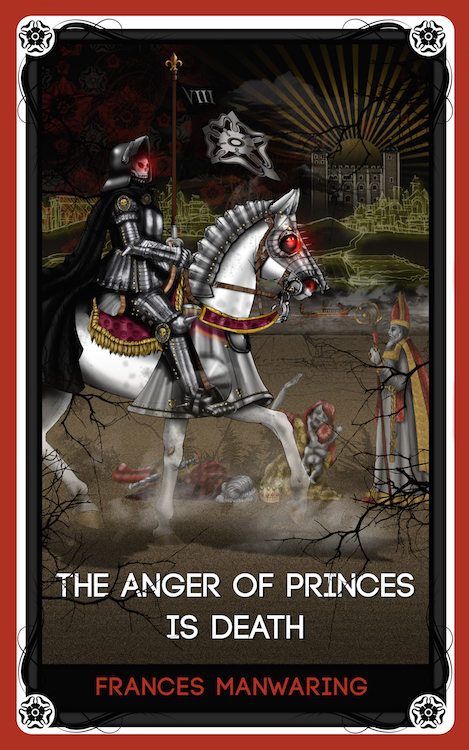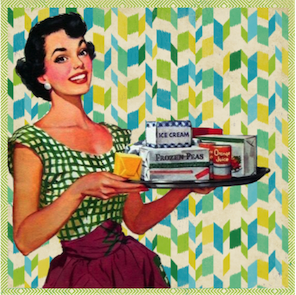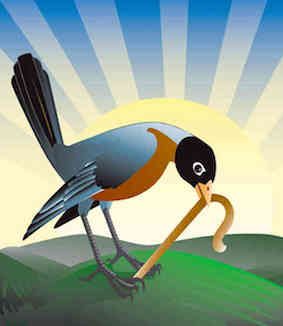Don’t you just love Alec Baldwin’s oh-so-close to the knuckle portrayal of Donald Trump in Saturday Night Live? Last week’s show offered up a short-term (no-one mention multi-term) future in 2018 with the US facing an alien invasion force from the planet Zorblatt 9. The ‘skit’ featured Baldwin/Trump visiting a military base with the irrepressible ‘POTUS’ trumpeting (sorry couldn’t resist it) inspiration to the troops via a classic piece of tawdry trumpery (aka a speech). If that weren’t enough to keep us rolling in the aisles, guest host Scarlett Johanssen did a total number on ‘First Daughter’ Ivanka Trump in a spoof commercial promoting a new perfume, Complicit. Genius!
I read a report a while ago that laughing at other people is very good for us. Not WITH you understand, AT. Who knew? To be honest, I think we all did, but there’s nothing like a report to add legitimacy to what the world, his wife and dog already know! Anyway, turns out there is a fair body of scientific (and not-so-scientific) evidence that advocates the healing power of laughter. In fact, help is even available through the counseling services of ‘laughologists’ and ‘laugh therapists’ … yes really … try Googling them! That laughter is good for us is hard to argue with as a premise. Seems more like a statement of the bleeding obvious as it is, after all, “such fun” (thank you Miranda).
In terms of laughing at, rather than with, I’m thinking all those TV shows where people submit their home video ‘funnies’ in order to win what seems like a small amount of dollars in relation to the humiliation quotient involved. Then there are the formulaic Wipeouts and Fear Factors where we can voyeuristically enjoy other people making complete prats of themselves. And talking of prats, we do love our ‘prat falls’ don’t we? If you think you’re made of better stuff, cast your mind back to any episode of the above mentioned Miranda and consider whether you were able to keep a straight face as she literally went arse over tit in front of Gary, the man she so desperately wanted to impress.
Prat falls are a reminder that random shit happens, and to anyone. A queen can just as easily slide on a banana skin as a commoner, or a president trip on an uneven path and do a spectacular head plant in front of the world’s media. And the more celebrated the faller, the funnier it actually is. The Germans call it schadenfreude or pleasure derived from the misfortunes of others.
But there’s a darker truth running through all this mirth. Since ancient times, writers have understood the potential for laughter to undermine authority and fuel regime change. The use of humour, irony, exaggeration, or send up to expose and criticize people’s stupidity or vices —the medium known as satire — has long been used to shape opinion. At its best, it is extremely witty and often very funny, although the subject matter can be deadly serious. While making its point by entertaining, it holds human, societal or individual vices up to censure through ridicule. To succeed, its subject must be widely known.
For more than a decade between 1984 and 1996 Spitting Image, the hugely successful television programme starring latex puppets of celebrities and politicians, wowed people with the accuracy and malevolence of its send ups. No cow was sacred. Targets included the British Royal Family and Ronald and Nancy Reagan who starred in a spoof drama, The President’s Brain is Missing. Then there was Margaret Thatcher and her Cabinet of Vegetables. Besotted, with Reagan she (the puppet) became progressively more demented as the series went on. Underlying the humour were hard-hitting social and political commentaries about what opponents saw as the harsh realities of Thatcherism. This portrayal may even have contributed to ‘The Iron Lady’s’ ultimate fall. Go Baldwin, McKinnon and the other Saturday Night Livers — on this basis, if you keep up the good work, you might achieve the same result with Trump!
Satire played an important role in the fight for the basic rights and freedoms that the Western world now takes for granted. But its golden age was the period from the end of the seventeenth century to the mid-nineteenth, a time of enormous social change in Europe as industrialisation transformed how people lived and worked and how societies were organised. From the pens of the great novelists of the era came biting attacks on social wrongs, corruption and moral lassitude; Charles Dickens took on the atrocious conditions suffered by the growing urban working class; Jane Austen shone a spotlight on the plight of women; Jonathan Swift savaged the corruptness of the political establishment and William Thackeray and Anthony Trollope skewered the double whammies of class and privilege. Other leading satirists from this period include Moliere, Ben Johnson, John Dryden, Alexander Pope and George Meredith.
The title of this blog post is taken from the play School for Scandal by Richard Brinsley Sheridan (1751 – 1816), the archetypal ‘comedy of manners’. First staged in 1777 in London, School for Scandal is a social satire that portrays English high society as being mired in gossip, calumny and sexual intrigue. The intention of the piece was to highlight the lack of honor, lax morality, and superficiality of the idle rich, whose primary pastime is jockeying for advancement by destroying the reputations of their peers. Sheridan used exaggeration, clever language, rapier-smart dialogue and telling character names (Ladies Sneerwell and Candour for example) to send up their frailty and folly de grandeur.
During this golden period, cartoon and caricature also came into their own as compelling additions to the satirical toolbox. In eighteenth century England, the etchings of William Hogarth such as Gin Lane, showing the horrific effects of gin abuse by the urban poor, were a powerful protest against prevailing social conditions. In France in the following century, Honoré Daumier created some of the finest political caricatures for the magazine La Charivari during the 1830s. Henri Toulouse Lautrec, at the end of the nineteenth century and into the twentieth, continued this graphic tradition of social satire in his depictions of Parisian society.
While Daumier was creating for La Charivari until censorship drew its sting, in England Henry Mayhew established Punch Magazine in 1841. It began as a democratic weekly, regularly featuring harsh depictions of Queen Victoria and her family, particularly the foreign Prince Albert who was deeply unpopular with the British public. It later became an upper class weekly whose readers enjoyed seeing their own foibles, and those of their servants, tradesmen and recognizable types like social climbers, being exposed. Vanity Fair was launched in competition in 1868. Both publications aimed at a public “in the know”, people who enjoyed the send-up of famous figures and types in every strata of life. Publications of this sort sprang up throughout Western Europe and were forceful channels for molding public opinion. The editorial cartoons in all our current newspapers continue this tradition.
To achieve their goals, satirists often knowingly risk reprisals. The genius of good satire has always been in the cleverness of the disguise. In masking the individuals or issues in question and avoiding libel whilst still ensuring the audience is in no doubt who or what the subject is. Roman poets Horace (65 – 8 BC) and Juvenal (active in late 1st and ealy 2nd centuries AD) went to extreme lengths to stay on the right side of their political masters in their work. In Medieval times jesters or fools provided a mechanism to filter unpalatable issues and opinions to the monarch through the parody of court politics and personalities. They trod a very fine line between mockery and treason. Getting this balance wrong could result in a short, and very unfunny, step to the gallows. Voltaire, one of the greatest of the Enlightenment’s writers and philosophers, famous for his wit and advocacy of civil liberties including freedom of religion, freedom of expression, free trade and the separation of church and state, was an outspoken supporter of social reform. His work and ideas influenced the key movers behind both the American and French Revolutions. In an era of harsh penalties for the breaking of censorship laws, Voltaire was an occasional visitor to the Bastille prison in Paris, as was his compatriot Daumier.
That was an age when the entire fabric of society underwent the seismic shift from a predominantly rural agrarian economy to an urban, manufacturing one. The Industrial Revolution saw huge numbers migrating to cities where they — particularly women and children — lived and worked in shocking conditions. Without any effective legislation, abuses by employers went largely unchecked. Archaic laws, perpetuated by absolutist monarchies and aristocratic and ecclesiastic dominated governments, protected the interests of the old order and put a premium on property in preference to people. Growing disenchantment saw electoral reform become a burning issue at a time when the right to vote was extremely limited and based entirely on property ownership. War between the old elite and a rising new liberal order was inevitable. The bloody French Revolution that erupted in 1789 attempted to create a lasting republic based on the principles of liberty, equality and fraternity was the most extreme example of the winds of change moving throughout Europe at the time. Satire was a brutal weapon used by both sides in this struggle.
Our current Technological Revolution has opened up a new set of social challenges not least being the replacement of growing numbers of jobs with automation, particularly in the manufacturing sector. Many people feel disenfranchised and bewildered by the scale, scope and rapidity of change and how they can assimilate into this brave new world. The rich seemingly get richer while the poor get poorer. We liberals have been well intentioned in our struggle for gender and social equity. But the road to Hell is, of course, paved with good intentions. Our intellectual elitist approach to addressing social issues is at odds with the feelings of the people everywhere that Hilary Clinton disastrously dubbed ‘deplorables’ in the US, who feel patronised and misunderstood. All of this laid the foundations for the all the unthinkable ‘events’ last year — Brexit, Trump, the rise and rise of the ‘alt-right’, the future of European liberal democracy, Putin and his monumental megalomania. It feels as if political insanity is the new black, with Trump in the vanguard, seemingly intent on reversing all the incredible advances in global stability and basic human rights. That is not to say that that things don’t need to change. They do; conventional thinking and mores are failing us. We need new social models and better ways to prepare our children to live happy, successful lives in a very different future to the one we (Boomers) inherited.
BUT, we can change without losing our humanity. Without trashing the aspirations enshrined in the United Nation’s Universal Declaration of Human Rights which committed all member states to “promote universal respect for and observance of human rights and fundamental freedoms for all without distinction as to race, sex, language, or religion”. While this declaration is just that — aspirational — it’s language remains potent and it’s incredible that these aspirations have so suddenly come under fire. But every cloud has a silver lining. Maybe the current silver lining takes the form of a wake up call to identify and defend what we believe in. If that hasn’t yet extended to manning the barricades, people in droves have been grabbing the placards and marching to protest their indignation at the assault on these values and the lack of concern for our world and ALL its people.
Censorship of the press has been an all-too-frequent counter measure by which the establishment or ruling classes have historically gagged reformers and enforced control when pressure-valves looked like blowing. A disturbing parallel between Trump and his ‘fake news is the enemy of the people’ mantra wouldn’t you say? Satire is a powerful weapon that the liberal media is already using to great effect. In this strangest of strange times it is likely to again play a central role in keeping the metaphorical vandals from our gates. I count myself lucky to have lived in a time and place where I’ve been able to enjoy freedom of speech and expression. I’m unlikely to face any sanctions for writing this opinion piece. But it scares me to see the media, whose role is to serve up truth no matter how unpalatable, being vilified — it’s a slippery slope from this to censorship and repression. In the ‘post truth’ world of ‘alternative facts’ and outright lying, we risk that there won’t be actually any need for formal gagging orders and persecution that past writers face. We may simply lose the ability to tell the difference between what’s real and what’s not and whoever shouts loudest will carry the day.
According to an article in NY Times this week, “traditional television, a medium considered so last century, has seen audiences drift away for the better part of a decade. Now, rattled liberals are surging back, seeking catharsis, solidarity and relief. The old analog favorites are in, with comfort-food franchises like “ Saturday Night Live” drawing its highest Nielsen numbers in 24 years. Despite a dizzying array of new media choices, viewers are opting for television’s mass gathering spots, seeking the kind of shared experience that can validate and reassure.”
The article argues that television offers people a sense that “we’re in this together” and that others are “equally outraged”. This bonding is not limited to the US. If the world is truly a global village, then we all bleed when the leader of the Western alliance vents his spleen on Twitter and appears to believe, like Hitler, that if you tell a big enough lie and tell it frequently enough, it will be believed. So I say to Baldwin, McKinnon, Johanssen and your ilk; I salute your activism. Keep it coming. Send up the sexism and stentorian stupidities. Ridicule the ridiculous. Make mockery of the monstrous. Lampoon the liars. Use your wit and your waggishness to protect us from the posturing, puffery and purile prattling. As Leonard Cohen so famously said, “there is a crack in everything, that’s how the light gets in.” Find the crack. Let the light in. Keep us honest, free, truthful and on the side of the angels.

